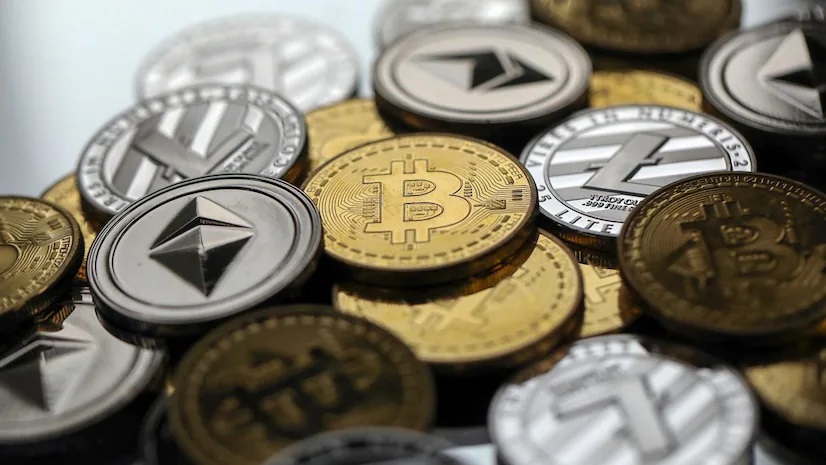The emergence of cryptocurrency exchanges has sparked a profound transformation in the way we manage money. These platforms, born out of the decentralized ethos of blockchain technology, are reshaping traditional notions of financial intermediaries and empowering individuals with unprecedented control over their assets. As we delve into the future of finance, it becomes evident that crypto exchanges are at the forefront of this revolution, offering a glimpse into a more inclusive, efficient, and transparent financial system.
One of the key features driving the adoption of crypto exchange is their accessibility. Unlike traditional financial institutions that often require cumbersome paperwork and lengthy verification processes, crypto exchanges allow users to trade digital assets with just a few clicks, anytime and anywhere. This accessibility is particularly beneficial for the unbanked and underbanked populations who may lack access to traditional banking services but have a smartphone and internet connection. crypto exchanges are democratizing finance by providing opportunities for individuals to invest in a wide range of assets, from cryptocurrencies like Bitcoin and Ethereum to digital tokens representing real-world assets such as real estate or commodities. This democratization of investment opportunities has the potential to level the playing field, allowing retail investors to participate in markets that were once dominated by institutional players.
Crypto exchanges are driving innovation in financial services through the introduction of decentralized finance. These protocols leverage smart contracts to automate various financial functions, including lending, borrowing, and trading, without the need for intermediaries. By eliminating middlemen and reducing transaction costs, DeFi platforms offer users greater efficiency, lower barriers to entry, and enhanced privacy compared to traditional financial services. Another significant aspect of the future of finance facilitated by crypto exchanges is the rise of tokenization. Tokenization involves representing real-world assets, such as stocks, bonds, or commodities, as digital tokens on a blockchain. This process unlocks liquidity, facilitates fractional ownership, and enables seamless transferability of assets, thereby revolutionizing asset management and capital markets.
crypto exchanges are paving the way for borderless transactions and cross-border payments. Traditional financial systems are often plagued by inefficiencies, high fees, and long processing times, especially for international transfers. Crypto exchanges, on the other hand, leverage blockchain technology to enable near-instantaneous, low-cost transactions across borders, bypassing the limitations of traditional banking infrastructure.As crypto exchanges continue to reshape the financial landscape, they also face regulatory challenges and security concerns. Governments and regulatory bodies are grappling with the regulatory framework for cryptocurrencies and exchanges, aiming to balance innovation with investor protection and financial stability. Moreover, the decentralized nature of blockchain technology, while offering resilience against censorship and tampering, also poses unique security risks, including hacking attacks and smart contract vulnerabilities.

